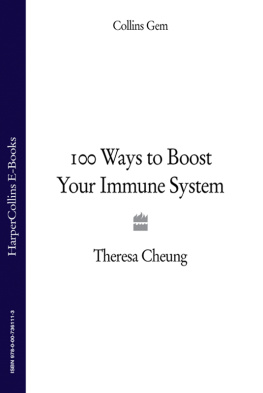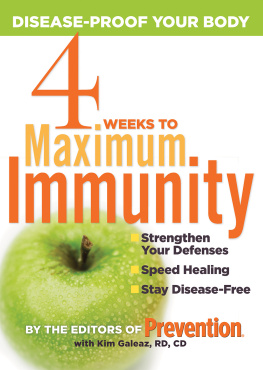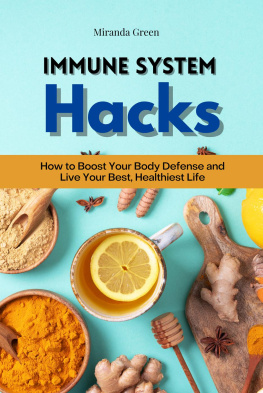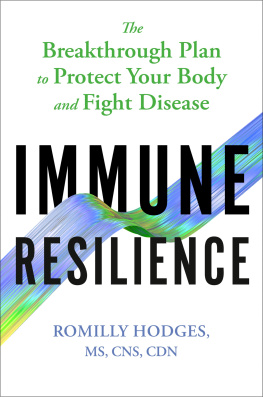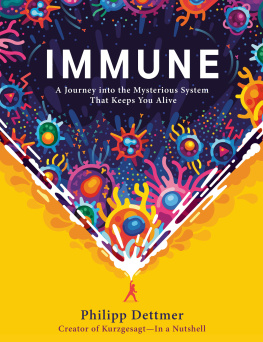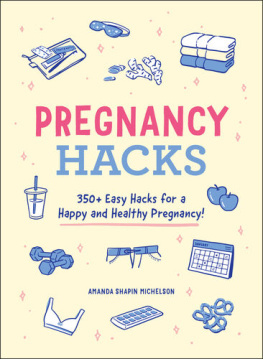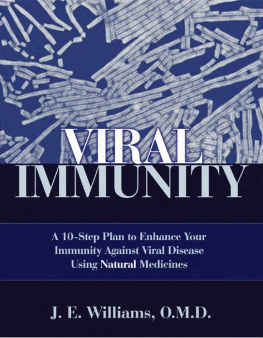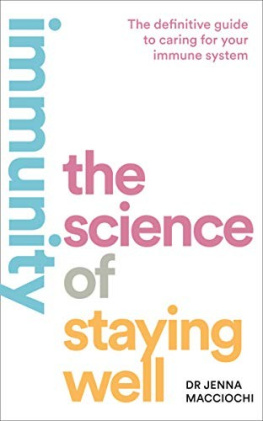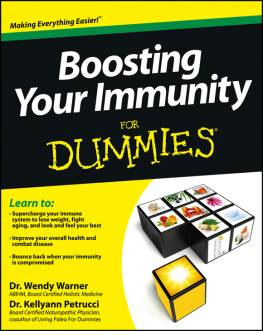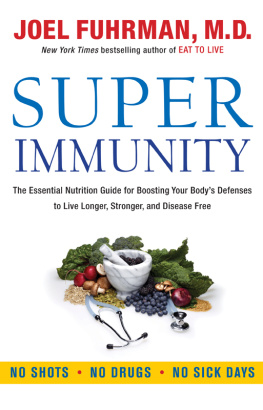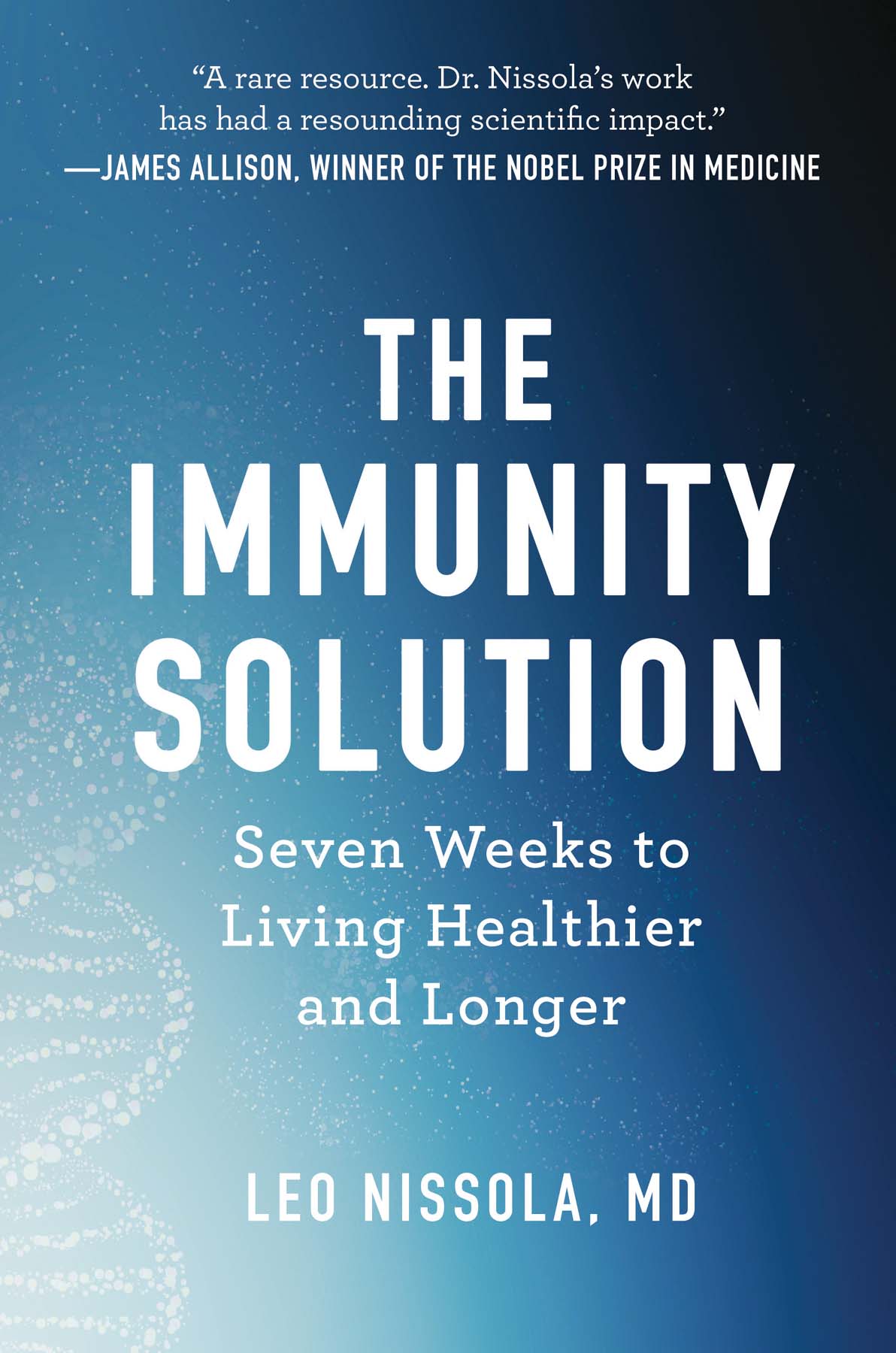Contents
Guide
Page List
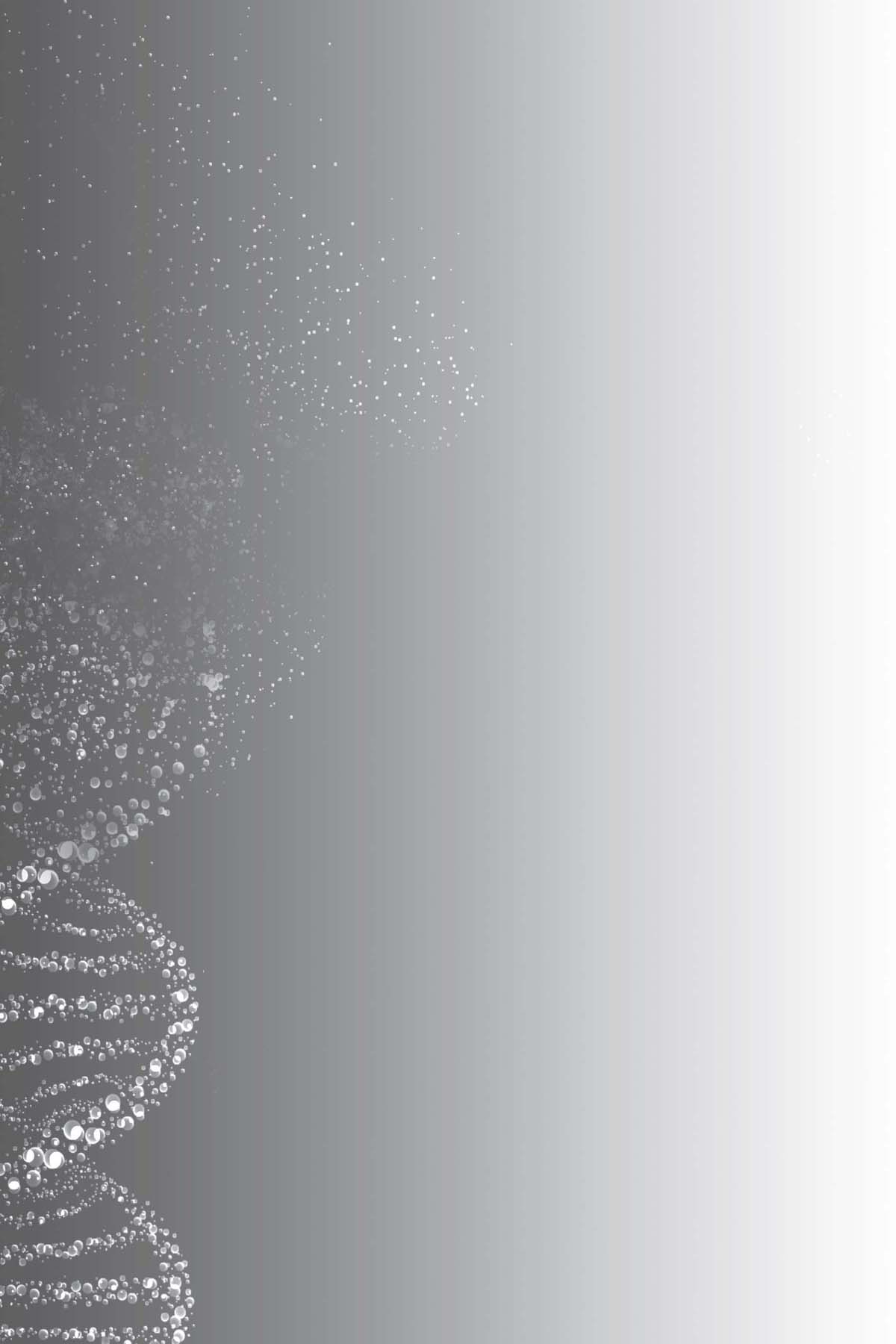
THE
IMMUNITY
SOLUTION
Seven Weeks to Living
Healthier and Longer
Leo Nissola, MD

To all survivors.
To Ivo and Ana, who dared me to be and become, despite all adversities.
For Ben, whose love and support enabled my research, my long working hours, and the publication of this book.
For Sandra and Brian, whose resiliency inspires me every day.
For Padmanee and James, whose scientific breakthroughs altered the course of human history.
To the light that enables our shared existence and the love that binds us all together in life.
CONTENTS
Knowing yourself is the beginning of all wisdom.
A RISTOTLE
Cancer kills millions of people every year. It has taken loved ones from me, as with you and so many others. This biological bullythe emperor of all maladies, as Siddhartha Mukherjee beautifully describes itreigns as a master of surprises, hitting when and whom we least expect.
By design, your immune system fights abnormal cells and prevents cancer, among other diseases, but over the course of your lifetime, it easily can sustain damage. Impairments can leave it struggling to fight diseases and leave you prone to illnesses. Today roughly 17 million people in America alone are living with cancer. Another 10 million Americans have compromised defenses, and at least 3.5 million suffer from an autoimmune disease. For some illnesses, the exact cause still remains unclear. We know that, for rheumatoid arthritis (RA), for example, the underlying mechanism involves the immune system attacking the joints. RA affects about 25 million people worldwide, but hard science about the diseases ultimate origins remains unknown.
When I was born in Brazil, President Joo Figueiredo ruled the country, the last in a series of dictators who came to power after a military coup roughly two decades earlier. In 1982, the year I was born, Swedish biochemists Sune Bergstrm and Bengt Samuelsson and British pharmacologist John Vane received the Nobel Prize in Medicine for their discovery of prostaglandins, a compound involved in inflammation reactions in the human body. Their research led to a new category of drugs that inhibit an enzyme called COX, which comes in two forms. The first affects the stomach lining specifically, and the second affects inflammation in general. Drug makers called this new group of non-steroidal anti-inflammatory drugs (NSAIDs). But the relief from inflammation and pain that NSAIDs afford comes at a high cost. Long-term use of NSAIDs can lead to gastric erosion, ulcers, and severe bleeding. So drug developers, wanting to target just inflammation, developed an NSAID called rofecoxib, which Merck sold as Vioxx. After regulatory approval, more than 80 million people took Vioxx.
A progressive disease, rheumatoid arthritis can lead to constant pain and swollen joints all over the body. It develops in phases, beginning with nonspecific inflammation, followed by chronic inflammation, and then tissue damagein many cases severe. A few years after her RA symptoms started, my grandmother Marias condition worsened quickly. She suffered terrible pain in her hands, wrists, and knees. The agony affected her mobility and led to hip and other joint replacement surgeries. In southern Brazil, where she lived, she didnt have access to a wide variety of frontline treatments. Apart from replacing the damaged joints, all her doctors could do was prescribe anti-inflammatories, including Vioxx.
Subsequent Food and Drug Administration (FDA) studies determined that taking rofecoxib led to an increased risk of death from heart attacks, strokes, and gastrointestinal bleeding. Before the manufacturer voluntarily took Vioxx off the market, it is estimated to have killed hundreds of thousands of people worldwide, including my grandmother. Once touted as a wonder drug, Vioxx became an abject failure of Americas drug approval and oversight system.
My grandmothers painful, early death sparked my professional interest in immunology, autoimmunity, and drug development. My commitment to her legacy has pushed me to find safe ways to help heal people. I have dedicated my professional life to treating cancer and spearheading education efforts about the importance of a healthy immune system because the best way to cure cancer is to prevent it from occurring in the first place.
A decade ago, I began my research in autoimmunity, focusing on systemic lupus. Later I served as the lead physician for multi-billion-dollar drug assets at Johnson & Johnson as well as other top biotechnology and pharmaceutical companies. Working at the University of Texas MD Anderson Cancer Center, I met James Allison, PhD, who received the Nobel Prize in Medicine for his discoveries of negative immune regulations that led to new immunotherapy drugs to fight cancer. At the Parker Institute for Cancer Immunotherapy, I served as lead scientist for several early-phase clinical studies for patients with hard-to-treat, advanced cancers.
My lifes work has required many sacrifices and difficult decisions. When my grandmother Maria died, I couldnt attend her funeral because I was taking my anatomy finals in medical school. When my other grandmother, Tereza, passed away, I was helping cancer patients at MD Anderson and couldnt travel to be with her in her final moments. When metastatic pancreatic cancer took my Uncle Joo, I was conducting trials for cancer patients at the Parker Institute during the darkest hours of the COVID-19 pandemic, when travel restrictions prevented me from saying goodbye in person. Thats the price that other researchers and I pay for the work that we do and our commitment to give people a little more time to live their best lives and make beautiful memories. We dont want anyone to have to say goodbye sooner than necessary. Becoming an immunologist has felt not so much like a personal choice but like a critical mission to understand the complex interactions between our bodies and the external world.
In a twist of fate, at the same time that I was leading immunotherapy clinical trials, I diagnosed my own father with a rare immune-system cancer. Always in great health, he barely broke a sweat even when working hard. Then, out of the blue, in December 2020, he started having night sweats. He felt unusually fatigued. A few weeks later, just before Christmas, he video-chatted me to say hello. He sounded tired, and he looked skinnier than usual. I asked if he felt or noticed anything different recently. His description of how he felt immediately sounded like B symptoms. In oncology, B symptoms indicate more advanced symptoms of cancer, which signify that the disease is systemicspread throughout the bodyand not localized in one specific area. Fevers, drenching night sweats, and an unintentional loss of more than 10 percent of body weight over 6 months all fall into this symptom category. With B symptoms present, the prognosis often looks grim because they forecast a high likelihood of metastasis, meaning that the cancer has spread.
I was in California, and my father was in Brazil. Thousands of miles and pandemic lockdowns separated us. Diagnosing a loved one with cancer is a doctors worst fear, and all I could do was order lab work and scans and hope.
The test results confirmed the diagnosis I was dreading: metastatic lymphoproliferative neoplasia, a kind of cancer in which individual cells grow uncontrollably instead of into a single mass. But I had reason to be hopeful. Groundbreaking advancements in immunotherapy can help manage this particular cancer, and in his case they did. Hes one of the lucky ones, his symptoms minimal because of the research that others and I have conducted. The drug combination he takes releases the brakes that stop some of his immune cells from destroying cancer cells.


